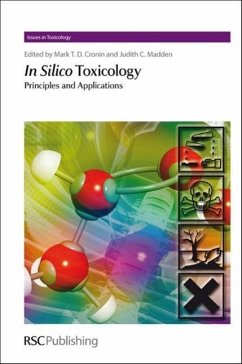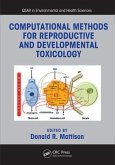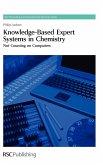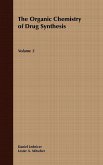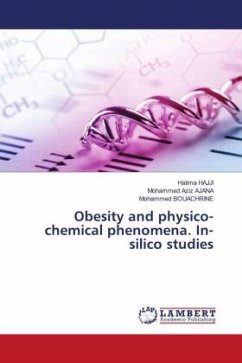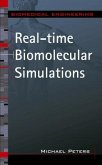In silico methods to predict toxicity are becoming increasingly important, particularly in light of European legislation such as REACH and the Cosmetics Regulation. They are also being used extensively worldwide e.g. in the USA, Canada, Japan and Australia. The objective of In Silico Toxicology: Principles and Applications is to enable the reader to develop new, and use existing, in silico methods to predict the toxicity and fate of chemicals. It develops the theme in a logical sequence leading the user through the retrieval, and assessment of quality, of toxicological data and information; the calculation of descriptors and properties; the basis of statistical techniques for quantitative structure-activity relationships (QSARs); the interpretation and validation of models for regulatory use; the mechanistic basis to modelling; as well as chemical grouping approaches and application of the models for risk assessment. The book also addresses other aspects of in silico toxicology including how to predict both external and internal exposure and the role of in silico approaches in integrated testing strategies. The contributions from recognised leaders in each of these areas include evidence of the use and applicability of approaches using real world case studies concerning both environmental and human health effects. The book is relevant to toxicologists and modellers using in silico toxicological approaches to perform risk assessment for regulatory purposes and product development.
Hinweis: Dieser Artikel kann nur an eine deutsche Lieferadresse ausgeliefert werden.
Hinweis: Dieser Artikel kann nur an eine deutsche Lieferadresse ausgeliefert werden.

